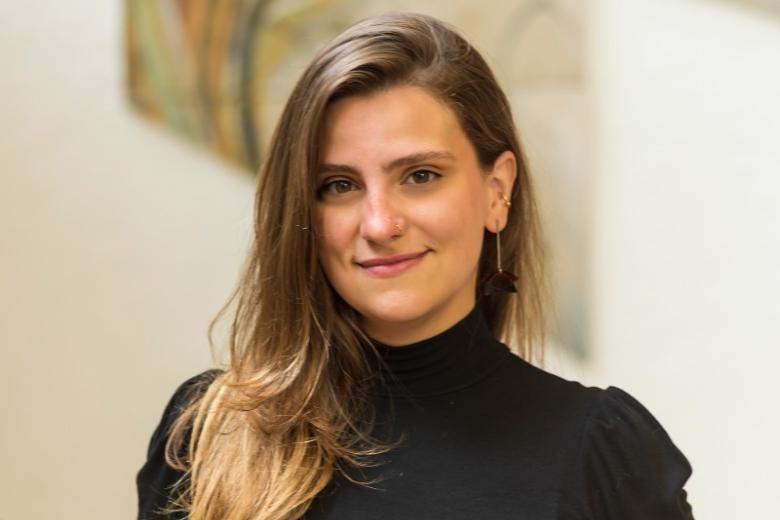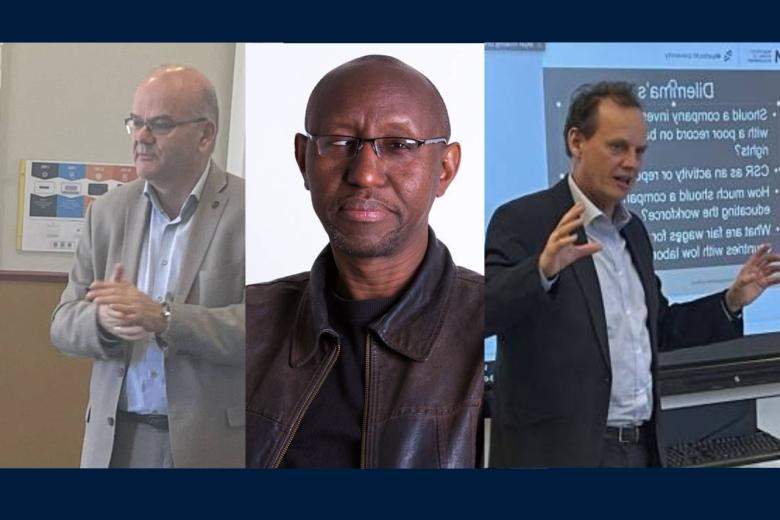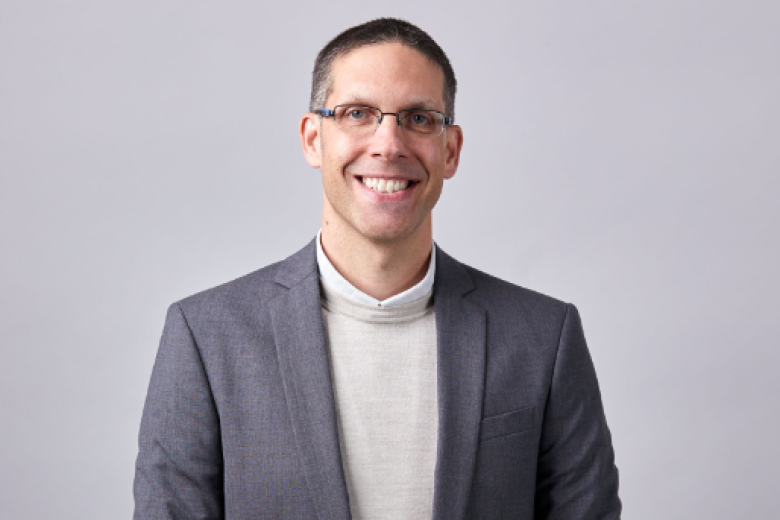How institutions are formed and affect prosperity | SBE Academics React to Nobel Prize in Economics 2024
On 14 October 2024, The Royal Swedish Academy of Sciences awarded the 2024 Nobel Prize in Economic Sciences to Daron Acemoglu, Simon Johnson and James Robinson for studies of how institutions are formed and affect prosperity.
"This year’s laureates in the economic sciences – Daron Acemoglu, Simon Johnson and James Robinson – have demonstrated the importance of societal institutions for a country’s prosperity. Societies with a poor rule of law and institutions that exploit the population do not generate growth or change for the better. The laureates’ research helps us understand why." - Press release. NobelPrize.org
Below, you will find three opinion pieces by SBE academics who were eager to share their thoughts on this year's Nobel Prize Laureates.
Coming down from the ivory tower - by Stefanie Roost
Their work continuously advances academic knowledge in various fields of Economics, ranging from their contribution to institutional economics to research on technical change and labour dynamics. But beyond that, the three brilliant researchers are examples of academics who broke with the walls of academia and shared their insights with a broader audience.

Why nations fall and the narrow corridor - by Diederik de Boer, Julius Gatune, and Andre Dellevoet.
Their ability to translate complex ideas into an accessible format has made their work influential, reaching a broad audience well beyond academia. While some may debate the implications of their conclusions, there is no denying that their research has provided valuable tools for understanding how liberty and prosperity can coexist and thrive.

Why Acemoglu, Johnson, and Robinson’s Nobel Prize was inevitable - by Kaj Thomsson
Their research is foundational to understanding why some nations prosper while others struggle. Whether you're focused on development economics, political economy, or almost any subfield in economics, it's impossible to avoid engaging with their groundbreaking insights.

Also read
-
Rethinking Higher Education in an AGI World: Reflections from the MINDS Workshop
With artificial intelligence (AI) developing at a rapid pace, conversations around its future impact are becoming increasingly urgent. While artificial general intelligence (AGI) — systems that could rival or exceed human-level performance across tasks — remains a highly debated concept, it cannot...

-
Discrimination makes women want to work less
Recent research by scientists at Maastricht University in the Netherlands and Aarhus University in Denmark shines a new light on the gender pay gap. Discrimination makes women want to work fewer hours.

-
ICC@M at Maastricht University: competing with the best, shaping the future
Roy Broersma, Academic Director of ICC@M, bridges academia and business, enhancing Maastricht University’s impact. He aims to strengthen regional ties, foster bold ideas, and prepare students for real-world challenges.
